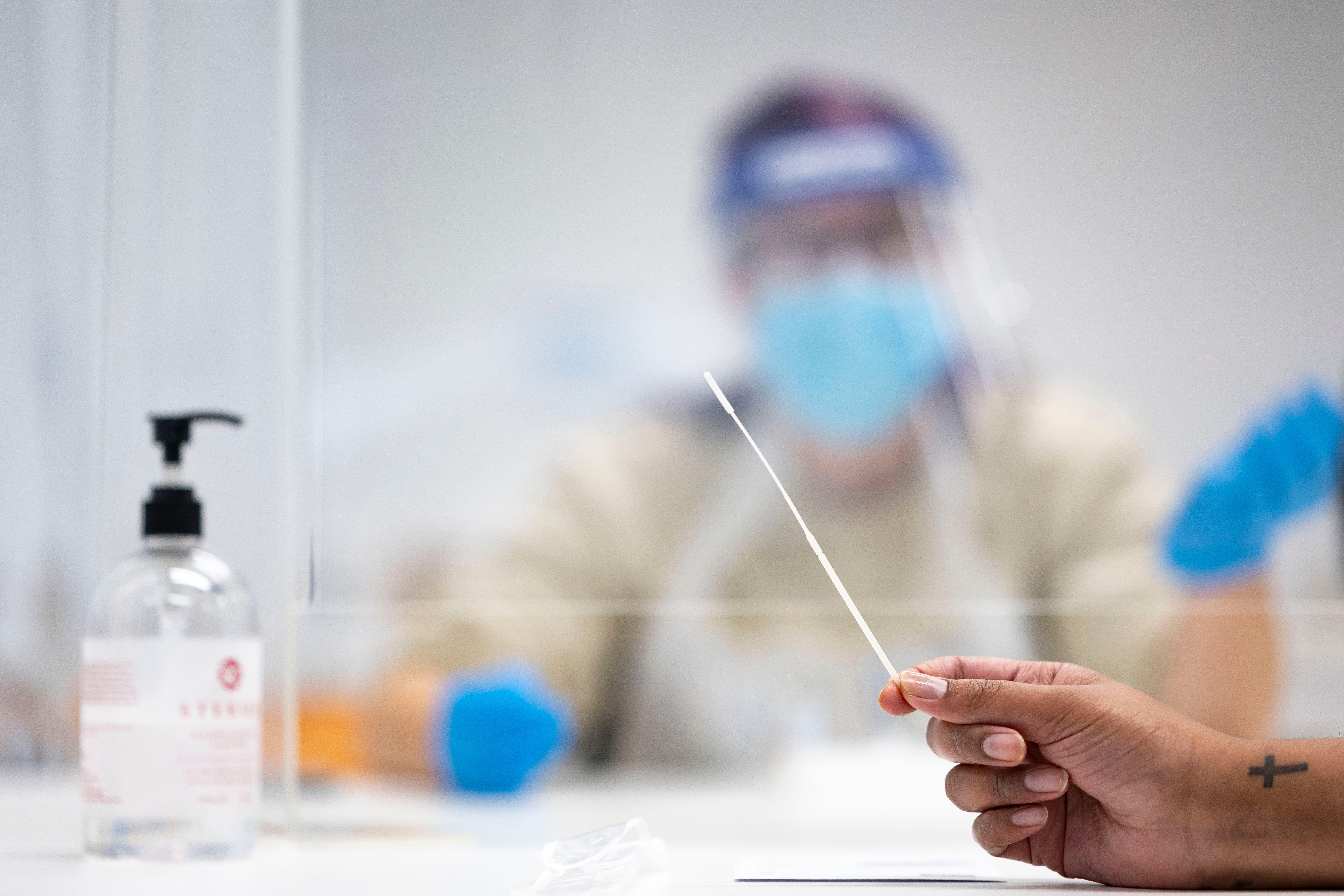Students returning home for Christmas caused thousands of Covid infections, study suggests
Mathematicians at Cardiff University studying the impact of the Christmas holidays find that Covid was probably spread to 10,000 people – and potentially many more, writes Tom Batchelor


The return of university students to their homes over Christmas may have caused thousands of extra coronavirus infections, modelling suggests.
Mathematicians at Cardiff University found that coronavirus-infected students returning home from university over the festive period would, on average, have infected approximately one other household member with the virus.
The researchers said that may have amounted to 10,000 extra Covid cases – and potentially many more.
Professor Paul Harper, who worked on the study, said: “With the potential movement of over 1 million UK students for the Christmas vacation, even a modest 1 per cent infection level (meaning 10 in 1,000 students are infected, perhaps many of them without symptoms at the time of travel) would equate to 9,400 new secondary household cases across the country.”
However, those infections could have led to many more Covid cases, the research team acknowledged, as the study did not consider transmission to the students’ wider home communities or include the impact of the journey home.
The study, published in the journal Health Systems, predicted that each infected student allowed to return home would produce, on average, 0.94 secondary infections.
In the weeks leading up to Christmas, government guidance urged students to take a coronavirus test before returning home and then to follow a staggered return to campus in the new year.
The authors have provided computer code and an online app to allow other research teams to rerun the simulations.
“The code and app are quick to run, with a focus on accessibility so that a user can rapidly change the input probabilities to suit their data, thereby generating their own results based on localised parameters,” the authors said.
The findings have been presented to the government as well as the devolved administrations in Wales, Scotland and Northern Ireland.
Mass asymptomatic testing was rolled out to about three-quarters of England’s student population before the Christmas break, The Independent understands.
The Department for Education said at the time that universities would be offered testing facilities to give students two lateral flow tests – which turn results around within the hour – three days apart.
However, there was concern about the accuracy of those tests after “poor performance” during mass testing at a university.
Jonathan Deeks, professor of biostatistics at the University of Birmingham, said researchers estimated that about 60 coronavirus cases were missed among students at the university who were tested before returning home for Christmas.
Prof Deeks said they found a “very, very low detection rate”, saying, “It really surprised us as to how bad it was.”
The Independent contacted the Department for Education for comment.

Join our commenting forum
Join thought-provoking conversations, follow other Independent readers and see their replies
Comments